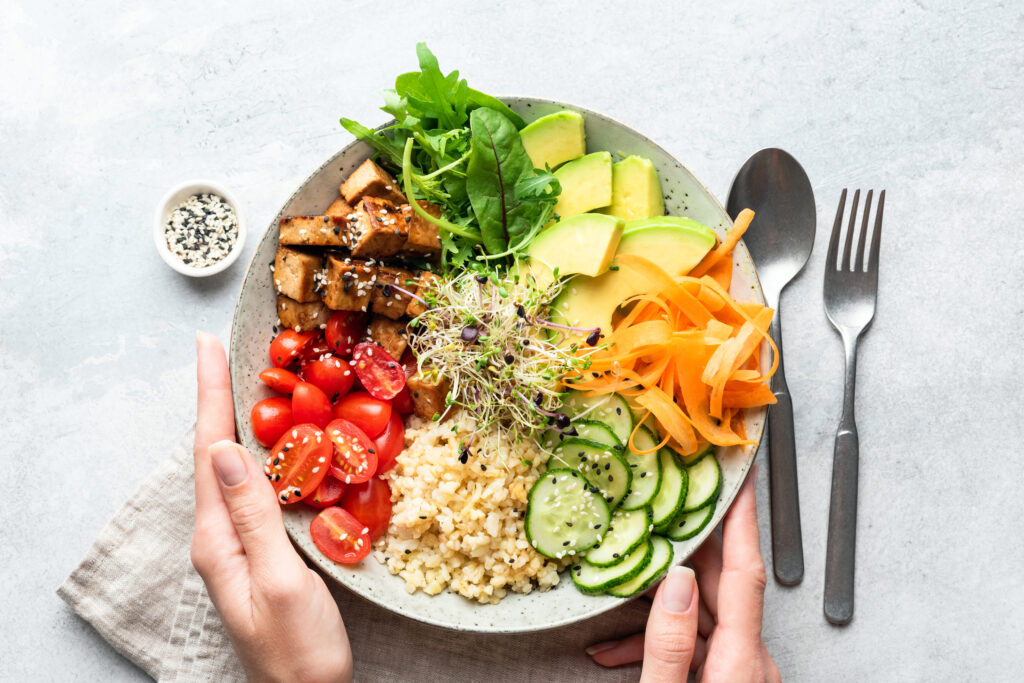The UK National Health Service Information Centre says that lack of exercise increases the risk of the following major diseases:
Coronary artery disease, high blood pressure, high cholesterol levels, stroke, metabolic diseases such as obesity, diabetes, cancers such as breast cancer, colon cancer, depression.
When such a disease occurs, in addition to seeing a doctor to enter the normal treatment process, it is necessary to exercise regularly. Start with light types, such as walking every day for 10-20 minutes. At a time, then gradually increase the duration to 30-40 minutes, then change to brisk walking and running in order.
If your body is healthy, make an exercise schedule that includes all 3 types:
Cardio exercises to stimulate blood circulation, such as running
Muscle building exercises, such as weight lifting
And those who want to improve their balance are Tai Chi and Yoga.
Exercise for 30-40 minutes at least 5 days a week. In addition to the lack of exercise causing the above diseases, it also affects the balance of vitamins in the body.
According to research published in the journal Citical Reviews in Food ence and Nutrition by a research team from the University of Talca, Chile, in collaboration with the University of Espírito Santo. And the University of Cosa, Brazil, people who are obese. Have metabolic diseases, high blood pressure, and high blood sugar often have a deficiency of fat-soluble vitamins, including vitamins A, D, E, K, vitamin B12, and folate.
Lack of exercise can lead to vitamin A deficiency.
The Department of Thai Traditional and Alternative Medicine, Ministry of สมัคร ufabet Public Health. Recommends vegetables and fruits in Thailand that are sources of vitamin A at a low price and are easy to find because they are available all year round, such as morning glory, ivy gourd, pumpkin, and yellow-orange vegetables and fruits such as papaya, carrots, and ripe mangoes.
This vitamin is beneficial to the body, namely, it helps with vision, affects bone growth, cell division, stimulates the immune system, helps white blood cells work efficiently. And repairs the surface of the eyes and bronchial tubes.
Vitamin D
Foods that contain vitamin D include salmon, mackerel, mackerel, and tuna. In other countries, vitamin D is added to milk, orange juice, yogurt, and dried cereals for breakfast.
In addition, sunlight stimulates the body to produce vitamin D. It is necessary to expose the skin to sunlight for at least 15 minutes every day. It is recommended to exercise outdoors while wearing short-sleeved shirts and shorts to allow UVB rays to hit the epidermis and synthesize vitamin D.
Vitamin K
Foods that contain vitamin K include cabbage, cauliflower, bok choy, kale, broccoli, beef liver, soybeans, salad greens, fish liver oil, soybean oil, olive oil, corn oil.
In general, vitamin K deficiency from food is rare. However, vitamin K deficiency is found due to poor absorption of fat and oil or abnormalities in the production of vitamin K. By bacteria in the small intestine. For example, people who take antibiotics such as sulfa drugs will destroy the bacteria, resulting in a decrease in the production of vitamin K in the small intestine. Or in cases where the bile duct is blocked or caused. By diseases such as severe diarrhea and colitis. It will interfere with the absorption of vitamin K, causing the body to have a vitamin K deficiency.

Vitamin B12
Recommended foods that contain vitamin B12 are various types of shellfish, including clams. In addition to containing vitamin B12, they also contain potassium. Oysters contain more vitamin B12 and zinc than any other type of food, helping to increase testosterone, an important hormone for women, and omega-3. Crabs contain vitamins A, B, and zinc and magnesium as bonuses.
Mussels are delicious and contain vitamin B12. They also contain protein, potassium, and vitamin C. Finally, sardines, which Thais are familiar with as a fish that is often used to make canned fish. Contain vitamin B12 and calcium, and also vitamin D and omega-3.
Folate
Refers to vitamin B9 found in natural foods, while folic acid is synthetic and is a cheap vitamin. We often hear about the benefits of folic acid, which doctors prescribe to pregnant women to nourish red blood cells, to make the fetus strong and healthy. Or to people who have anemia, etc.
To increase your folate intake, eat foods high in folate, including kidney beans, asparagus, spinach, beetroot, broccoli, and nuts, including almonds, chestnuts, ginkgo, cashews, macadamia nuts, pistachios, hazelnuts, pecans, walnuts, sesame seeds, sunflower seeds, and goji berries.
In the case of patients with coronary artery disease, there is research data indicating that taking folic acid together with vitamin B6 and vitamin B12 can significantly reduce the level of homocysteine in the blood, resulting in a reduction in the risk of coronary artery disease.